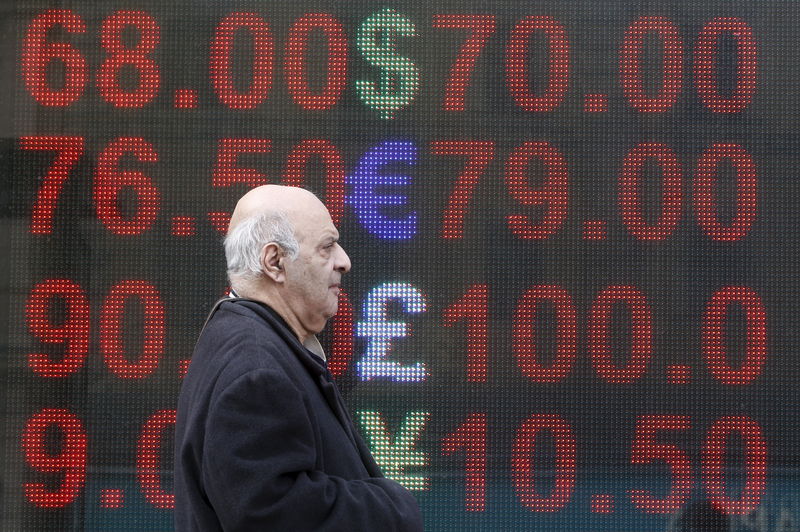Swiss Franc's strength may prompt SNB to ease monetary policy
Swiss National Bank (SNB) might engage in a prolonged monetary easing cycle due to the unexpected slowdown in Switzerland's inflation and the strength of the Swiss franc, as per a report by Gavekal Research.
Inflation in Switzerland fell to 1.1% year-on-year in August, down from 1.3% in July and below the anticipated 1.2%. This development suggests that third-quarter inflation will be significantly lower than the SNB's projected 1.5%.
The SNB had previously allowed the franc to appreciate to combat imported inflation during the global inflation surge of 2022-23.
However, with inflation now below the SNB's target and the global inflationary trend receding, concerns are rising that this strategy may harm exporters and push the economy towards a deflationary cycle.
From January to May, the Swiss franc's nominal effective exchange rate decreased by 6%, but this trend reversed over the past three months, with all losses being negated.
As a result, the franc's real effective exchange rate has reached a cyclical peak, indicating a loss of international competitiveness.
The strong Swiss franc's impact is evident in the inflationary contribution from domestic and imported goods.
The contribution from domestic goods has remained stable at about 1.5 percentage points, while the contribution from imported goods has been negative for over a year, reaching a new cyclical high of -0.4 percentage points in August.
Swiss exporters are feeling the pressure from the franc's strength. The country's largest manufacturing lobby group has called on the SNB to provide relief, as members struggle to compete in foreign markets.
Consequently, the SNB has already reduced the policy rate twice, from 1.75% to 1.25%, and further cuts below 1% are anticipated.
The SNB may also increase its foreign exchange purchases to counteract the franc's appreciation. Although it only became a net buyer of foreign currency in the first quarter of 2024, with CHF800 million in purchases, there is potential for a significant ramp-up in activity given the historical quarterly average of CHF13 billion in purchases between 2011 and 2021.
This article was generated with the support of AI and reviewed by an editor. For more information see our T&C.
Source: Investing.com
